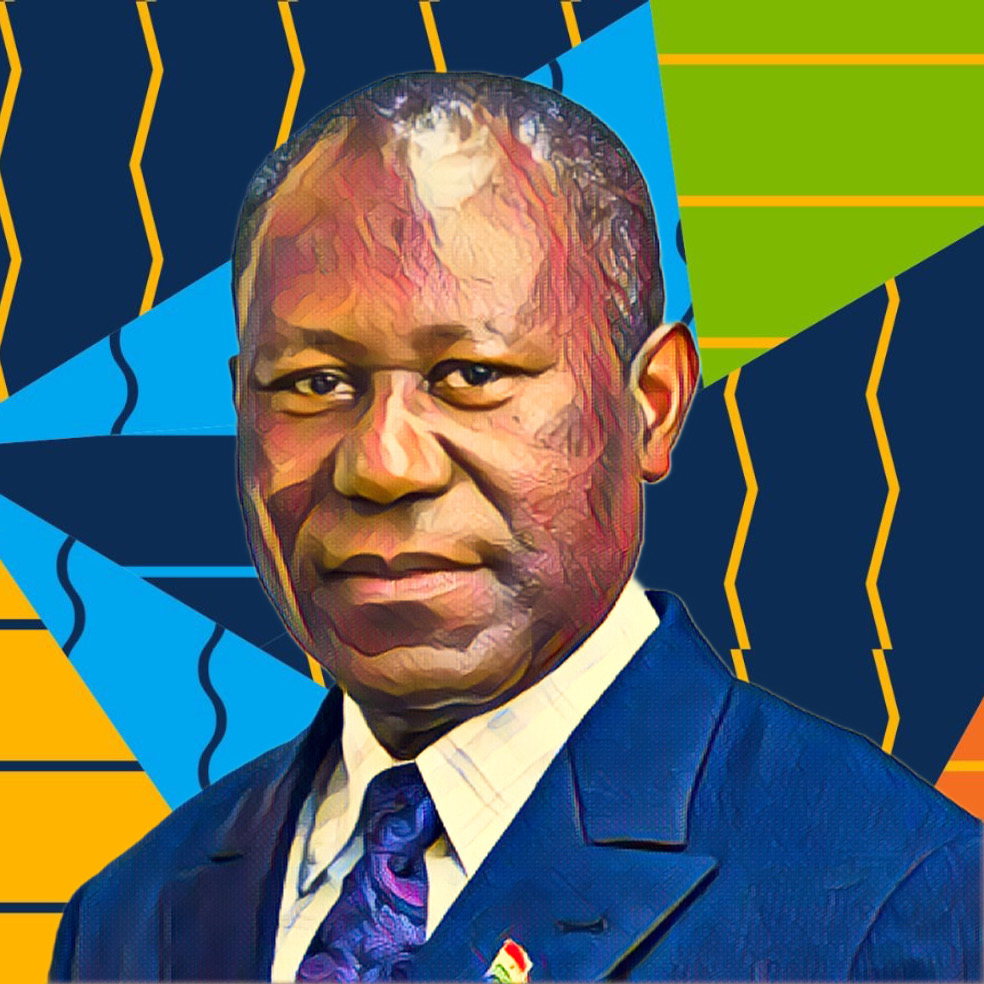The Ghana Cocoa Board (COCOBOD) has invested a substantial GH¢942 million to rejuvenate the nation’s cocoa farms, focusing on areas hit hardest by aging trees and the devastating swollen shoot virus disease (SSVD). This strategic move is part of a broader effort to boost national cocoa production in the short to medium term and ensure the sustainability of the industry.
COCOBOD’s Chief Executive Officer, Joseph Boahen Aidoo, disclosed that the funds were used to cut down diseased and old cocoa trees, nurture new seedlings, and maintain the rehabilitated farms before handing them back to the farmers. This significant expenditure contributed to the board’s overall administrative costs rising to GH¢3.4 billion last year, a figure that has sparked public debate.
Addressing Public Concerns Over Expenditure
In response to media reports questioning the sharp increase in COCOBOD’s administrative expenses, Mr. Aidoo clarified that the funds were not squandered on the board’s head office. Instead, a considerable portion was directed towards supporting cocoa production and improving farmers’ livelihoods.
Ray Ankrah, COCOBOD’s Deputy CEO in charge of Finance and Administration, further explained that the GH¢942 million expenditure was part of COCOBOD’s productivity enhancement programs (PEPs). These initiatives were essential for rehabilitating diseased and aging farms, aiming to sustain the livelihoods of affected farmers and increase cocoa production, beginning with the 2024/2025 season.
Mr. Ankrah also noted that this significant outlay, funded by a loan from the African Development Bank (AfDB), was a one-off expense. Without it, COCOBOD’s administrative costs would have actually decreased in 2023.
The swollen shoot virus disease (SSVD) has been a persistent issue for Ghana’s cocoa sector, reducing the yields of cocoa trees and eventually killing them. According to available data, a substantial portion of the country’s cocoa farmlands have been either moribund or affected by SSVD, contributing to a decline in overall production.
Strategic Initiatives to Boost Cocoa Production
In light of these challenges, COCOBOD has taken proactive measures to rehabilitate cocoa farms and revitalize the sector. Mr. Aidoo emphasized that these efforts were crucial to preventing a further decline in the country’s cocoa-productive land area, which would have led to reduced yields and significant economic losses.
The CEO expressed confidence that the rehabilitated farms would begin contributing to national output in the upcoming season, with the potential to produce more than 800,000 tonnes of cocoa in the 2024/2025 season. This anticipated increase in production is seen as a positive step towards stabilizing the sector and supporting the country’s economy.
Mr. Aidoo also assured farmers that COCOBOD is committed to providing adequate and timely supplies of inputs next season to facilitate their work and further increase production. He highlighted the board’s hand pollination, pruning, and irrigation schemes as part of the broader strategy to enhance productivity and make cocoa farming more attractive, particularly to the youth.
Financial Turnaround and Future Outlook
Looking ahead, COCOBOD’s leadership is optimistic about the future. Mr. Ankrah pointed out that COCOBOD’s return to profitability last year, following a GH¢4.2 billion loss in 2022, is evidence of the board’s effective financial management and strategic investments. The audited accounts and the Auditor-General’s 2023 report confirmed a profit of GH¢2.3 billion, underscoring the board’s commitment to turning around its fortunes.
COCOBOD remains focused on sustaining and improving this financial turnaround. Mr. Ankrah assured farmers that the board would continue to implement prudent policies and programs aligned with the government’s commitment to improving farmers’ livelihoods and ensuring the long-term sustainability of the cocoa sector.
Source: Graphic Online




